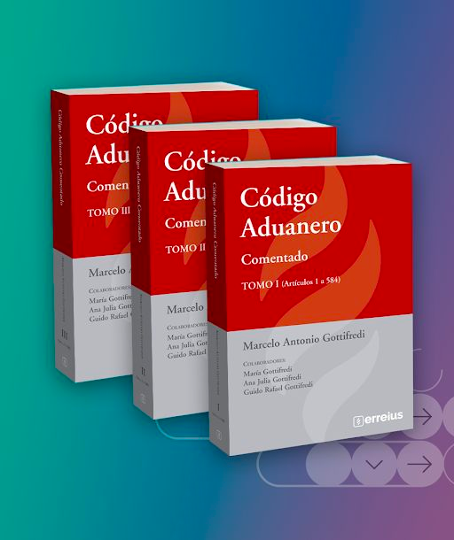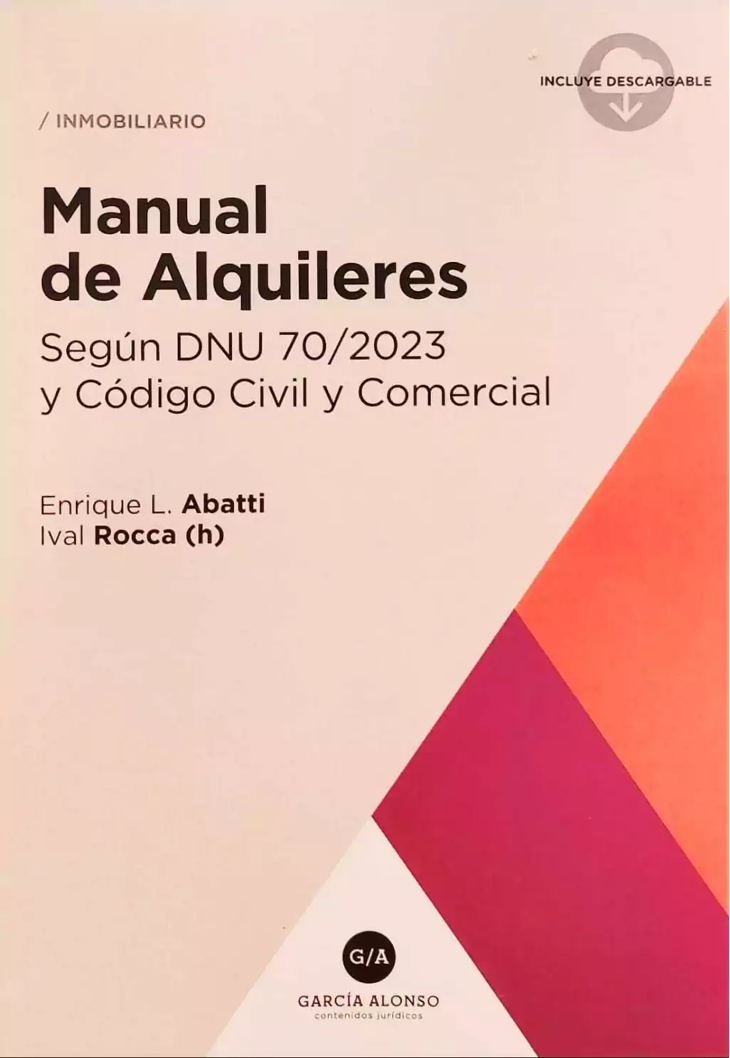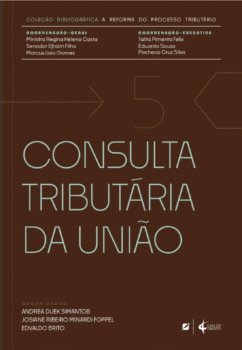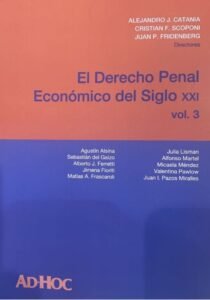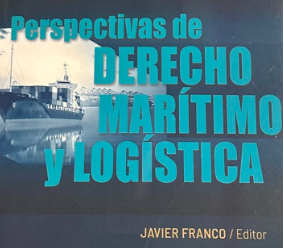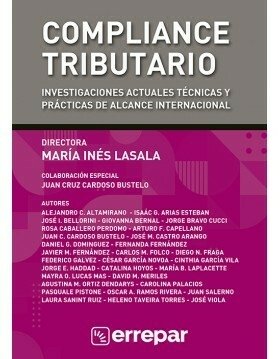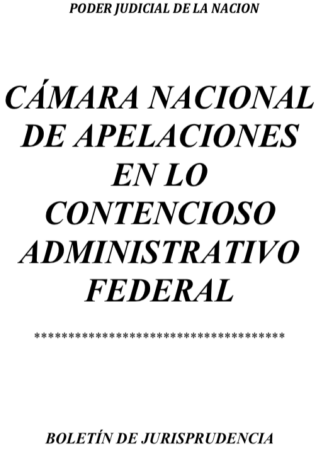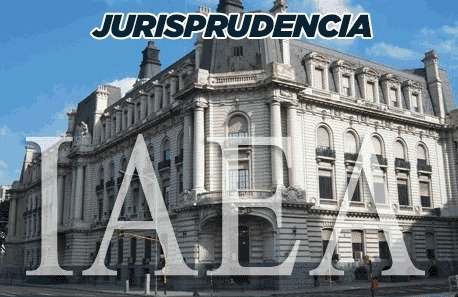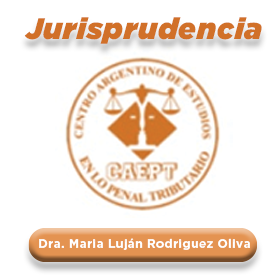Los Miembros debaten la certificación de los productos, y la certificación de los organismos de certificación
Los Miembros de la OMC , reunidos en el Comité de Obstáculos Técnicos al Comercio (OTC), del 29 al 31 de octubre de 2013, examinaron de forma relativamente detallada las últimas ideas sobre un conjunto de cuestiones que muchos de ellos consideran un obstáculo importante para el comercio— cómo facilitar la certificación de los productos que cumplen las normas requeridas, y cómo desplegar esfuerzos especiales en aras de los países en desarrollo.
(de momento sólo en inglés)
The committee, which also monitors the implementation of the TBT Agreement by discussing specific trade concerns (see below), this time heard a near-record 51 concerns. Once more, the environment and health featured heavily in the discussions, the topics ranging from sustainability criteria for biofuels to tobacco products, food and alcohol labelling, genetically modified organisms, medical devices and telecommunications.
Much of the discussion on specific trade concerns is based on information that members share with each other on their technical requirements for goods sold on their markets, including imports, as set out in regulations and standards — they do this by notifying the WTO. In order to improve the way members share information, the Secretariat announced the launch of an online system — the TBT Notification Submission System — designed to speed up the process.
Some details
Certification, accreditation and developing countries
The day-long informal meeting was the latest in a series of sessions concentrating on specific issues — “thematic sessions” — launched a year ago. These sessions help the committee focus on work that lays the proper foundation for preventing trade concerns from arising between members in the first place.
Streamlining the processes for ensuring that products meet required standards can substantially reduce costs and time to market for such products, the committee heard. One delegation said it has found that accreditation can halve the time needed for a product to reach the market, and slash associated costs by 80%.
The key is to have products certified before they leave the exporting country, according to agreed standards and by accredited bodies, and even more so if the certification is recognized internationally. This is summed up in the slogans of two related organizations that provide international arrangements in this area. The International Accreditation Forum (IAF)’s is: “Certified Once Accepted Everywhere”. The International Laboratory Accreditation Cooperation (ILAC) has a similar slogan. Both presented their work to the meeting.
But there are a number of obstacles to achieving this for the full range of traded products and in all countries, with developing countries particularly handicapped. They face difficulties in meeting the standards needed for their goods and services to be certified, and for their laboratories and inspection services to be accredited as having sufficient technical competence and thus providing confidence for trade.
Members provided several insights into the complex set of processes involved when deciding what type of “conformity assessment” procedure to use in different situations. Some WTO members said the type of assessment that their authorities apply depends on the risk involved.
If failing to comply bears a low risk with little damage, then producers are often allowed to declare for themselves that their products meet the standards; but where there is a risk of death or serious injury, importing countries require third-party certification, presenters said.
Help for developing countries
Technical assistance is important to help developing countries catch up in this area. A number of members described their experience in giving and receiving the assistance in a separate session which dealt both with assistance to developing countries — training and other means of helping developing countries deal with technical barriers to trade — and special treatment in rules and regulations for these countries.
This session also heard a proposal on setting up new guidelines for countries to give special treatment, for example allowing developing countries additional time to comment on importing countries’ proposed new regulations or to comply with new requirements. The proposal was supported by some developing countries, but some other members said the issue requires further discussion between members to examine the issues involved.
Specific trade concerns
Members discussed 51 specific trade concerns, including 15 new issues. They covered topics such as alcoholic drinks, halal food, regulations for fuel used for transport, steel cutlery products, confectionary, chemical substances including the EU’s Regulation on the Registration, Evaluation and Authorization of Chemicals (REACH), labelling and certification of food products, pneumatic tyres, solar panels, telecommunications, cosmetics, medical instruments, and toy safety.
(A few details are provided here, the full list is at the end of this page, and more details can be found on the TBT Information Management System.)
Russia —Ukrainian confectionary product imports (new). Ukraine considers Russia’s ban on certain Ukrainian confectionaries to have been introduced too suddenly, to lack transparency and without evidence of the risk to consumers, and to unfairly discriminate against Ukrainian products. The Ukrainian delegation called for an official, detailed report from inspection experts, and asked Russia to lift the ban and adopt less trade restrictive measures.
Russia responded by noting that only one producer was affected, and that a WTO notification of the measure was not needed because no new requirements had been introduced. It explained that the suspension of imports was caused by some discrepancies between Ukraine and Russia in specifying the product category. The decision can be reviewed once the product fully complies with requirements, Russia added.
Turkey — Proposed warning messages on alcoholic drink containers, and restrictions on the use of trademarks for non-alcoholic versions of alcoholic drinks (new). Turkey’s proposed measure seeks to protect the health of minors, drivers, and pregnant women while increasing consumer information. It requires exporters supplying alcoholic drinks to the Turkish market to place the message “Alcohol is not your friend” on their products, and to indicate the amount of residual alcohol in the inner package of non-alcoholic beverages, or to place the message “alcohol was fully removed”. Non-alcoholic drinks would not be allowed to use the brands of alcoholic drinks, and vice versa.
Canada, United States, Mexico and the European Union argued that these requirements will be costly and complex for exporters, and said it should be made clear to consumers that only excessive alcohol consumption is dangerous. They asked Turkey to justify the measure more clearly with scientific evidence. They asked if Turkey has considered measures that do not restrict trade so much, such as information campaigns to achieve its goals. A number of members were also concerned that separating alcoholic and non-alcoholic brands affect intellectual property rights.
Turkey assured the members that domestic and foreign products would be treated equally, that a full 10 month transition period would be provided to allow industry to adapt to the new legislation, and that it would respond to all remaining concerns.
European Union — Fuel Quality Directive (petroleum products) (new).The Directive requires petrol, diesel and other transport fuels to emit less greenhouse gas. This includes calculating the emissions of various fuels throughout their lifecycles from production to consumption. Some members complained that this could block certain fuel exports from entering the EU market if the emission calculations turn out to be unfavourable.
Canada and the United States urged the European Union to provide more information on the implementation of this Directive, and asked the EU to provide a solid scientific basis for calculating the emissions values of various fuels. The two countries also argued that all globally-traded petroleum products should be treated without discrimination, in line withArticle 2.1 of the TBT Agreement, and urged the EU to consider less trade-restrictive approaches to achieve its goals.
The EU responded that it is premature to discuss this in the TBT committee, as it is still preparing the regulations to implement the directive and is still assessing the impact. The EU said it would continue its stakeholder consultations and ensure that the final adopted measures are compatible with the WTO.
European Union —Renewable Energy Directive (EU-RED) The directive requires 20% of European energy to come from renewable sources by 2020. In pursuit of this goal, the directive also establishes sustainability criteria for renewable transport fuels such as biofuels, including requirements to demonstrate certain reductions in greenhouse gas emissions compared to fossil fuels.
Indonesia, Malaysia and Argentina argue that the greenhouse gas emission thresholds and other calculations for biofuels are arbitrary, not based on international standards or best available science, and discriminate against biofuels derived from certain crops such as palm or soybean oil, reducing access to the European market.
This trade concern has been raised in five previous TBT Committee meetings (13 March 2013 and 17-20 June 2013) and has become a dispute lodged by Argentina with the EU on 15 May 2013 (DS459). Members asked the EU to provide greater transparency and scientific rationale for the choice of threshold and the current default values. The EU said that the TBT Committee is not the correct forum to discuss this issue, and welcomed bilateral discussions to help resolve Members’ concerns.
United States — Renewable Fuel Standard (new). Some members fear that biofuels derived from palm oil will be excluded from the US market because they do not meet greenhouse gas emission reduction requirements in the US Renewable Fuel Standard. Indonesia and Malaysia argued that the greenhouse gas reduction thresholds and calculation methods were arbitrarily set, since no international standard has been developed for biofuel. Indonesia urged the United States to take into account its own technical data, which was submitted to the US Environmental Protection Agency. Indonesia said it believes this justifies a more favourable emission reduction value for palm oil biofuels.
As this measure was raised without prior notice (it was not on the agenda of the meeting), the United States said it would consult with officials in Washington before replying — it nevertheless noted that analysis was underway by the US Environmental Protection Agency (EPA).
China’s information-security products and encryption. For the first time, Brazil joined the discussion on a set of concerns raised at every TBT Committee meeting since early 2011.
Brazil said it was concerned about the proliferation of independent standards on cryptography, which creates uncertainty and unnecessary barriers to trade. The cryptography standards for civil goods should be based on international rules under the TBT Agreement and best practices outlined by the International Telecommunications Union (ITU).
The concerns centre on China’s revision of regulations for commercial encryption products (managed by the Office of the State Commercial Cryptography Administration, OSCCA), the classification of information technology systems according to their impact on national security, new standards for information security, including for payments by mobile phone, and whether all bank payment systems would be required to use Chinese algorithms (mathematical calculations used in data processing and encryption).
The EU, US and Japan — now joined by Brazil — have repeatedly complained about the lack of information on the development of the regulations and standards, and the lack of opportunity for foreign companies established in China to participate in setting the standards.
They have questioned why standards for sectors such as banking, transport and energy are included when they are not normally associated with national security. They have urged China to observe the 60-day comment period recommended in the TBT’s Code of Good Practice for setting standards and asked why China was not applying international standards. And they have queried a requirement for some standards to use Chinese intellectual property and asked whether that would be mandatory.
China has repeatedly defended the standard, which it said is still underway, and insisted that the regulations have been open for consultation and that comments are being taken into account. It has given its assurance that only a small amount of international trade would be affected by national security requirements and that the standards are voluntary.
Next
18–20 March 2014: Thematic discussion on good regulatory practice and standards (18 March) and regular Committee meeting (19-20 March).
Chairperson: Mr Jingo Kikukawa (Japan)
New
- Ecuador — Resolution No. SENAE-DGN-2013-0300-RE relating to post entry control of imported alcoholic beverages — concerns of Mexico, European Union and Canada
- Italy — Testing requirement on import of steel cutlery products — concerns of India
- European Union — Draft Commission Regulation implementing Directive 2009/125/EC of the European Parliament and of the Council with regard to ecodesign requirements for vacuum cleanersG/TBT/N/EU/79 — concerns of China
- Indonesia — Regulation number 84/Permentan/PD.140/2013, on halal food — concerns of Brazil
- Ecuador — Resolution establishing the “General conformity assessment framework for Ecuador” and the “Handbook of procedures to be observed prior to all stages of the customs clearance, marketing and market surveillance of manufactured, imported and marketed goods subject to Ecuadorian technical regulations G/TBT/N/ECU/44 ; G/TBT/N/ECU/44/Add.2 ;G/TBT/N/ECU/44/Add.3 — concerns of Colombia
- Russian Federation — Measure affecting import of Ukrainian confectionary products — concerns of Ukraine
- Indonesia — Mandatory Indonesia National Standard (SNI) for Glazed Ceramic G/TBT/N/IDN/37 — concerns of European Union
- Thailand — Draft Thai Industrial Standard for Ceramic Tiles (TIS 2508-2555) — concerns of European Union
- United Arab Emirates — Control Regulation for Halal Products — Part I — Halal Food G/TBT/N/ARE/153 — concerns of European Union
- Chile — Safety for Printers and Energy Efficiency for PrintersG/TBT/N/CHL/213; G/TBT/N/CHL/214 — concerns of United States
- China — Regulations of the China Food and Drug Administration on Legislative Procedures (Exposure Draft) — concerns of United States
- European Union — Fuel Quality Directive — concerns of United States and Canada
- Mexico — Draft Mexican Official Standard PROY-NOM-032-ENER-2013: Maximum electrical power limits for equipment and appliances requiring standby power. Test methods and labellingG/TBT/N/MEX/263 — concerns of United States
- Turkey — Draft Communiqué on Warning Messages Placed on Containers of Alcoholic Beverages; and, Draft Regulation Amending the Regulation on Procedures and Principles Concerning Domestic and Foreign Trading of Alcohol and Alcoholic BeveragesG/TBT/N/TUR/41; G/TBT/N/TUR/41/Add.1; G/TBT/N/TUR/42;G/TBT/N/TUR/42/Add.1 — concerns of Canada
- United States — EPA Palm Oil Biofuels Regulatory Program — concerns of Indonesia and Malaysia
Previously raised
- European Union — Registration, Evaluation, Authorization and Restriction of Chemicals (REACH) notifications G/TBT/N/EEC/52 and Adds.1-7; Add.3/Rev.1, G/TBT/N/EEC/295, G/TBT/N/EEC/295/Add.1; G/TBT/N/EEC/297, G/TBT/N/EEC/297/Rev.1, G/TBT/N/EEC/297/Rev.1/Add.1;G/TBT/N/EEC/333, G/TBT/N/EEC/333/Add.1, G/TBT/N/EEC/334, G/TBT/N/EEC/334/Add.1; G/TBT/N/EEC/335, G/TBT/N/EEC/335/Add.1; G/TBT/N/EEC/336, G/TBT/N/EEC/336/Add.1; G/TBT/W/208 — concern of India, China and the United States
- India — Pneumatic tyres and tubes for automotive vehicles notifications G/TBT/N/IND/20, G/TBT/N/IND/20/Add.1,G/TBT/N/IND/40, G/TBT/N/IND/40/Rev.1 — concern of Japan, the European Union and Korea
- China — Testing and Certification Requirements for Medical Devices — concern of the European Union
- India — Mandatory Certification for Steel Products notificationsG/TBT/N/IND/32, G/TBT/N/IND/32/Add.1; G/TBT/N/IND/32/Add.2— concern of European Union
- Brazil — Health Products Good Manufacturing Practices (GMP) Requirements for Health Products — notification G/TBT/N/BRA/328— concern of European Union
- India — New Telecommunications related Rules (Department of Telecommunications, No. 842-725/2005-VAS/Vol.III (3 December 2009); No. 10-15/2009-AS-III/193 (18 March 2010); and Nos. 10-15/2009-AS.III/Vol.II/(Pt.)/(25-29) (28 July 2010); Department of Telecommunications, No. 10-15/2009-AS.III/Vol.II/(Pt.)/(30) (28 July 2010) and accompanying template, “Security and Business Continuity Agreement”) — concerns of European Union and United States
- Korea — KS C IEC61646:2007 Standard for Thin-film Solar Panel — concerns of United States
- China — Requirements for information security products (including, inter alia, the OSCCA 1999 Regulation on commercial encryption products and its on-going revision and the Multi-Level Protection Scheme (MLPS) — concerns of Brazil and European Union
- China — Provisions for the Administration of Cosmetics Application Acceptance Cosmetics Label Instructions Regulations and Guidance for the Cosmetics Label Instructions notificationsG/TBT/N/CHN/821; G/TBT/N/CHN/937 — concerns of Japan and European Union
- France — Loi No. 2010-788: The National Commitment for the Environment (Grenelle 2 Law)– concerns of India and Brazil
- Peru — Draft Supreme Decree Approving the Regulations Governing the Labelling of Genetically Modified Foods notificationG/TBT/N/PER/37 — concerns of United States
- Russian Federation — Draft Technical Regulation of the Customs Union on Alcoholic Products Safety notification notificationG/TBT/N/RUS/2 — concerns of Australia, European Union and Canada
- Korea— Registration and Evaluation of Chemical Materials notification G/TBT/N/KOR/305 — concerns of United States
- European Union — Directive 2009/28/EC, Renewable Energy Directive (EU — RED) — concerns of Indonesia
- Indonesia — Technical Guidelines for the Implementation of the Adoption and Supervision of Indonesian National Standards for Obligatory Toy Safety — Draft Decree of the Ministry of Industry on Mandatory Implementation of Indonesia National Standard and Technical Specification for Toys notification G/TBT/N/IDN/64 — concerns of European Union and United States
- China — Testing and Certification Requirements for Medical Devices — concerns of Brazil and European Union
- European Union — Draft Implementing Regulations amending Regulation (EC) No. 607/2009 laying down detailed rules for the application of Council Regulation (EC) No 479/2008 as regards protected designations of origin and geographical indications, traditional terms, labelling and presentation of certain wine sector products notifications G/TBT/N/EEC/264, G/TBT/N/EEC/264/Add.1— concerns of Argentina and United States
- Israel — Warning Regulations on Alcoholic Beverages notificationG/TBT/N/ISR/609 — concerns of European Union and United States
- Brazil — Draft ANVISA Resolution on Used, Refurbished, Rented and Lent Medical Devices notification G/TBT/N/BRA/440 — concerns of European Union
- European Union — Tobacco products, nicotine containing products and herbal products for smoking. Packaging for retail sale of any of the aforementioned products notification G/TBT/N/EU/88 — concerns of Cuba and Canada
- Chile — Proposed amendment to the Food Health Regulations, Supreme Decree No. 977/96 notificationsG/TBT/N/CHL/219, G/TBT/N/CHL/219/Add.1; G/TBT/N/CHL/221 — concerns of Mexico, Guatemala, Argentina, Brazil, European Union , United States and Canada
- India — Electronics and Information Technology Goods (Requirements for Compulsory Registration) Order, 2012 notificationsG/TBT/N/IND/44 and G/TBT/IND/44/Add.1 — concerns of Japan, European Union, United States and Canada
- Ireland — Proposal to introduce standardised/plain packaging of tobacco products in Ireland — concerns of Dominican Republic, Malawi and Canada
- Peru — Act to Promote Healthy Eating Among Children and Adolescents — concerns of Mexico, Argentina, European Union, United States and Canada
- Indonesia — Ministry of Health Regulation 30/2013 on the inclusion of sugar, salt and fat content information, as well as health messages on the label of processed foods — concerns of European Union
- European Union — Proposal for a Regulation on Fluorinated Greenhouse Gases notification G/TBT/N/EU/91 — concerns of Japan, Korea and United States
- European Union — Revised Proposal for the Categorization of Compounds as Endocrine Disruptors of 19 February 2013 by DG Environment — concerns of United States
- Indonesia — Ministry of Trade Regulation 82/M-DAG/PER/12/2012 on imported cell phones, handheld and tablet computers — concerns of European Union, United States and Canada
- Russia — Safety of light industry products notificationG/TBT/N/RUS/14 — concerns of European Union
- China — China Food and Drug Administration (CFDA) EMC Enforcement Notice for medical devices of 19 December 2012 — concerns of European Union
- European Union — Transformation of still wine into sparkling wine (EC Regulation 479/2008 of 29 April 2008) notificationsG/TBT/N/EEC/181, G/TBT/N/EEC/181/Add.1 — concerns of Australia
- European Union — Implementing Regulation (EU) No 481/2012 of 7 June 2012 laying down rules for the management of a tariff quota for high-quality beef — concerns of Argentina
- Peru — Implementing Regulations of 14 November 2012 for Moratorium on Planting Genetically Engineered Crops — concerns of United States
- New Zealand — Proposal to introduce plain packaging of tobacco products in New Zealand notification G/TBT/N/NZL/62 — concerns of Cuba and Canada
- Kenya — Alcohol Labelling: The Alcoholic Drinks Control (Licensing) Regulations, 2010: Legal Notice No. 206: 2010 — concerns of European Union
- Mexico — Refusal of the National Water Commission to re-certify HDPE pipe products meeting quality/safety standards for piping set out in NOM 001 and NMX 241 — concerns of United States
- India — Food Safety and Standards Regulation — Food labelling requirements — concerns of European Union








